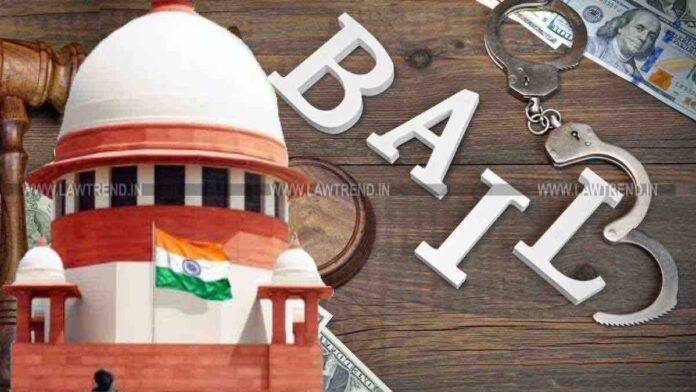The Supreme Court of India, while setting aside the bail granted to Olympian wrestler Sushil Kumar in a 2021 murder case, has laid down a comprehensive summary of principles for a superior court to consider when deciding an appeal against a bail order. A bench of Justice Sanjay Karol and Justice Prashant Kumar Mishra held
To Read More Please Subscribe to VIP Membership for Unlimited Access to All the Articles, Download Available Copies of Judgments/Order, Acess to Central/State Bare Acts, Advertisement Free Content, Access to More than 4000 Legal Drafts( Readymade Editable Formats of Suits, Petitions, Writs, Legal Notices, Divorce Petitions, 138 Notices, Bail Applications etc.) in Hindi and English.




